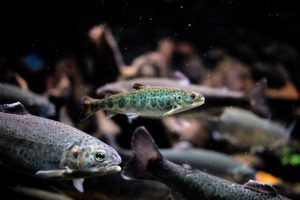
Evaluating brown seaweed supplementation in feed for Atlantic salmon smolts
Study evaluated the effect on Atlantic salmon smolts growth performance when adding abrown seaweed meal (from Laminaria sp., or kelp) to their feed.
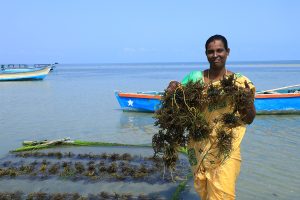
Is seaweed farming India’s untapped treasure?
Efforts are under way in India to harness the potential of seaweed by integrating seaweed farming with fisheries.
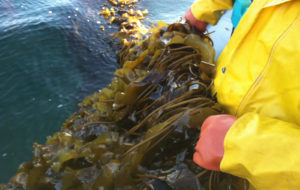
Lean and green, what’s not to love about seaweed?
Grown for hundreds of years, seaweed (sugar kelp, specifically) is the fruit of a nascent U.S. aquaculture industry supplying chefs, home cooks and inspiring fresh and frozen food products.
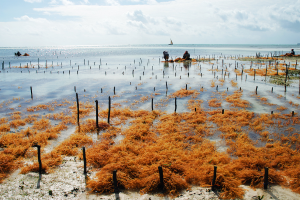
Progress and knowledge gaps in ocean acidification and aquacultured seaweeds
Emphasize effective, implementable actions against ocean acidification, linking seaweed physiological changes with production costs and profits.

Exploring the relevancy, resiliency and scalability of seaweed farming at Seagriculture
Seagriculture, the first international seaweed conference, covers all angles of seaweed farming for food, energy and climate change solutions.
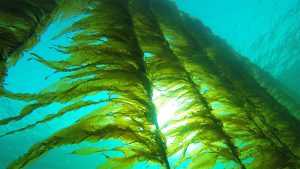
Not just for noshing: Seaweed startups focus on industrial uses for the fast-growing biomass
Interest in industrial seaweed applications is driving demand for biofuels, bioplastics, textiles, animal feed, cosmetics, fertilizers and more.
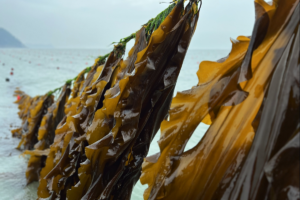
Playing favorites: How selective breeding can grow the seaweed sector
Seaweed farming experts are urging producers to employ selective breeding to capitalize on desired traits amid a changing climate.
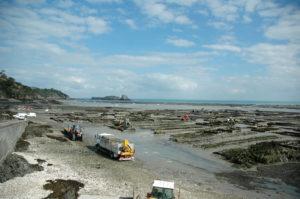
Identifying global opportunities for shellfish, seaweed aquaculture
Study identifies regions where commercial marine aquaculture may provide environmental and social benefits and potentially support ecosystem recovery.
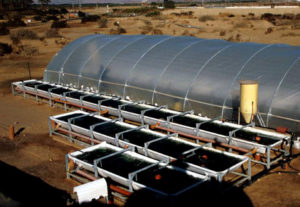
Integrated fish-seaweed culture systems
The use of integrated mariculture systems incorporating seaweed biofilters addresses the impact of discharges, promoting more sustainable production.
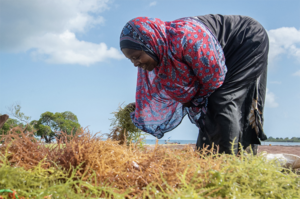
TNC: New markets for seaweed aquaculture hold promise, but cost challenges inhibit growth
Seaweed farming can deliver economic and environmental benefits but is "significantly cost-disadvantaged," concludes a new TNC report.
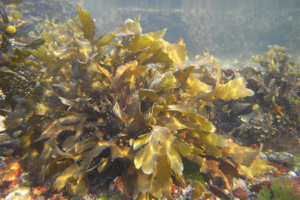
Ocean medicine: How seaweed can be harnessed for drug development
Study from Portugal explores novel approaches to incorporate compounds from seaweed into stable drugs for pharmacological and nutraceutical uses.
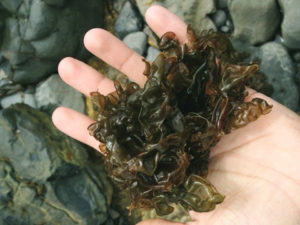
Red seaweed: Promising, sustainable feed additive combats ISA virus
In a study, Atlantic salmon fed diets with red seaweed had significantly higher levels of antiviral activity against the infectious salmon anemia virus than fish fed a control diet.
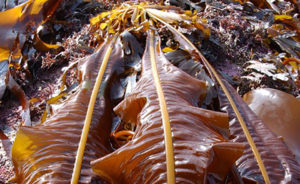
Ocean Rainforest foresees a bright future for ocean plants, and not just in Asia
Faroe Islands company believes nutritious and fast-growing seaweed is a versatile raw material and the oceans’ best defense against climate change.
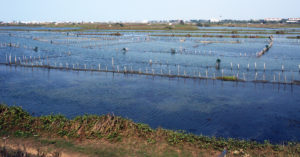
Learning from tradition: Integrated aquaculture
Development of integrated aquaculture systems could assist in improving environmental quality and changing public perceptions of aquaculture.
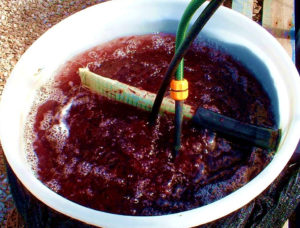
Double duty: Seaweed provides both biofiltration, marketable product
Most seaweed species that function as biofilters for finfish aquaculture have little market value, so produced biomass remains a byproduct of biofiltration.
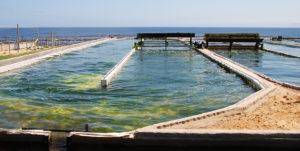
Seaweed mariculture provides feed, green energy production, bioremediation
Under cultivation, macroalgae grow rapidly and synthesize large amounts of carbon/energy reserves while utilizing wastewater. Seaweed can remove pollutants from industrial agriculture effluent and reduce coastal eutrophication.
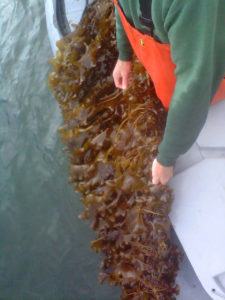
Seaweed farming offers avenue toward greater food security
Seaweed farming has both proven history and huge potential. Large-scale farms could produce raw materials for biofuel, aquatic feeds and human consumption.
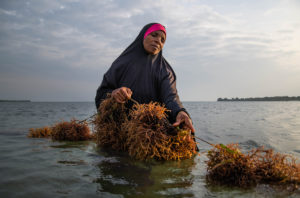
For seaweed farmers in Zanzibar, a chance for real growth
For many Zanzibari women, seaweed farming provides opportunity, but hardships are common. A project from The Nature Conservancy lends hope.
